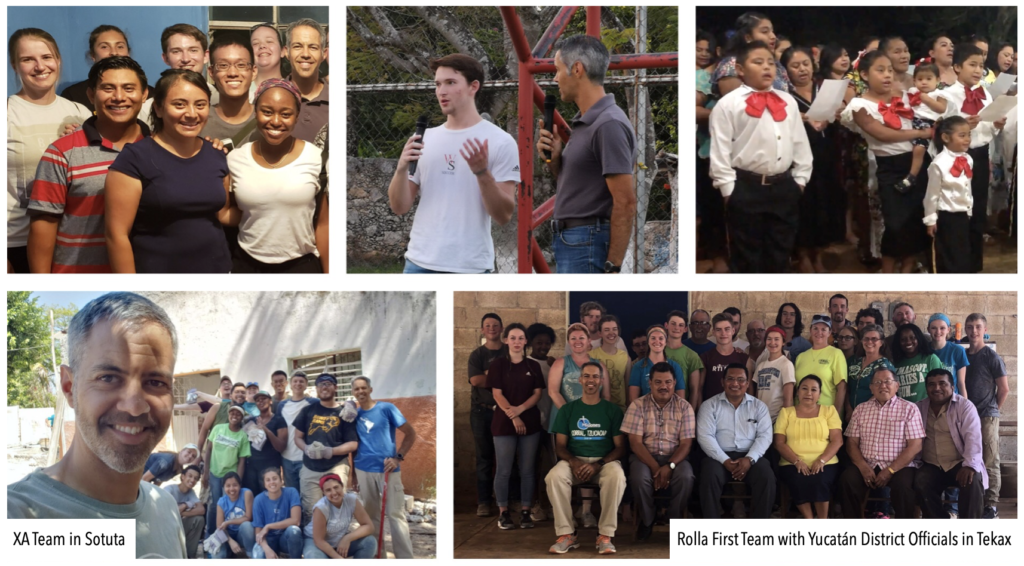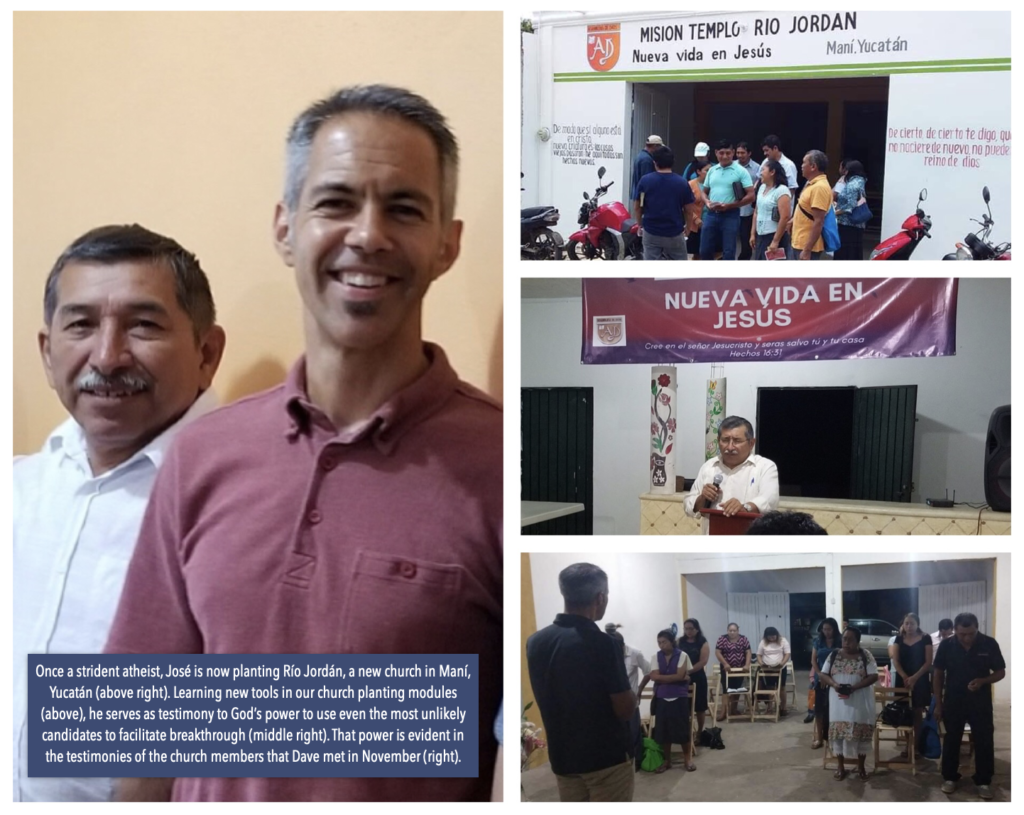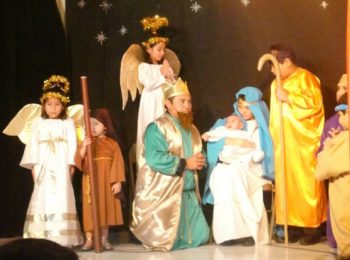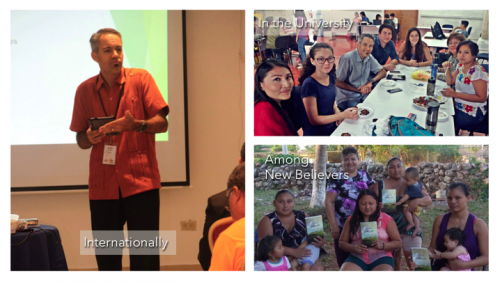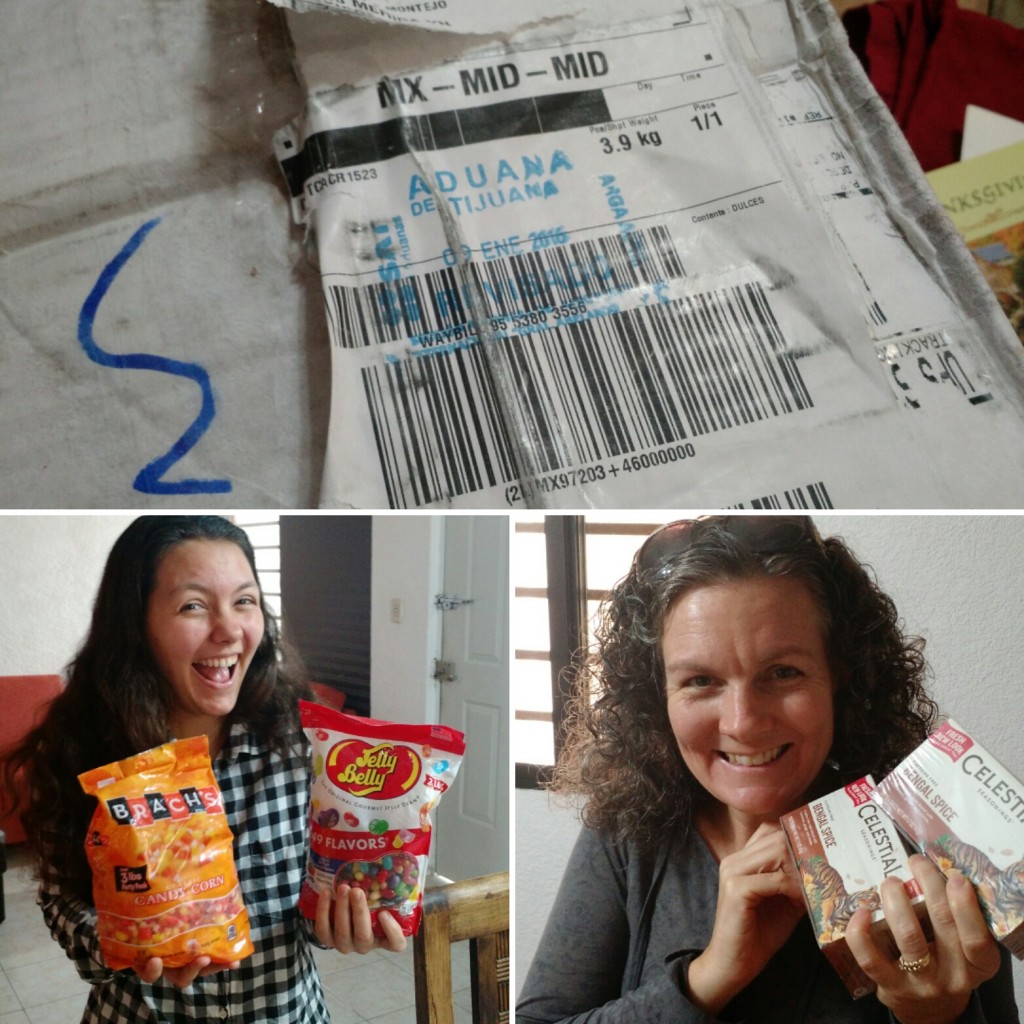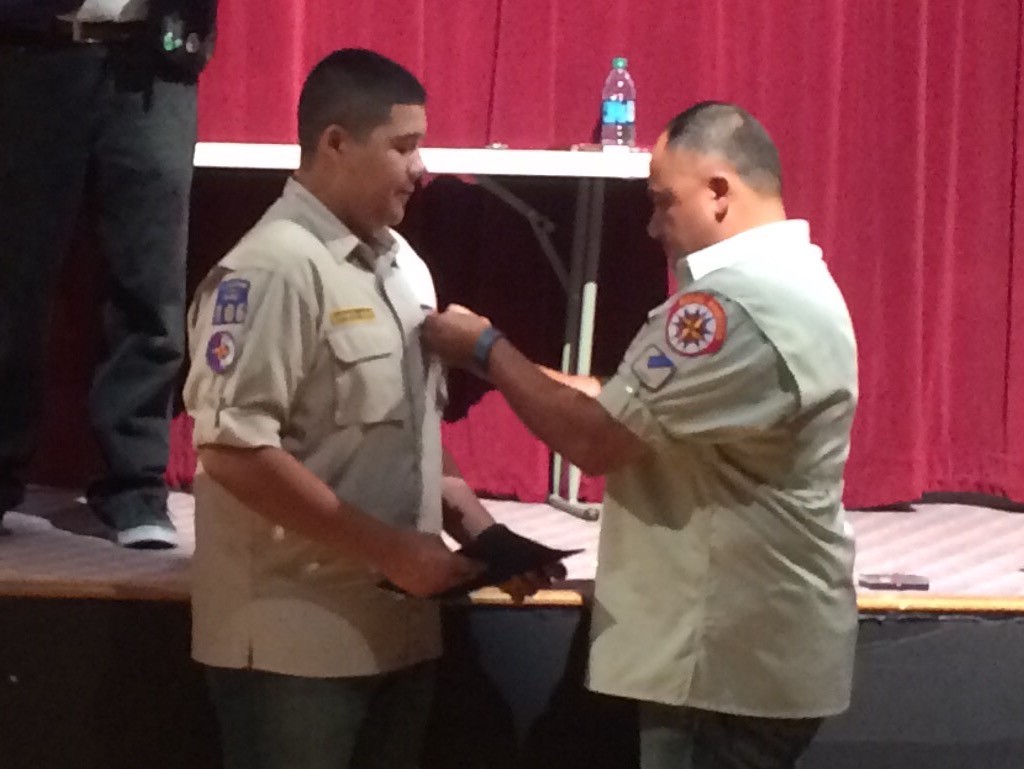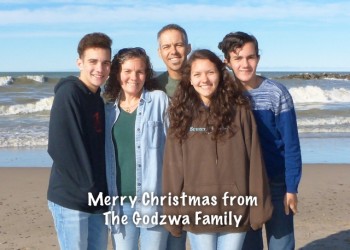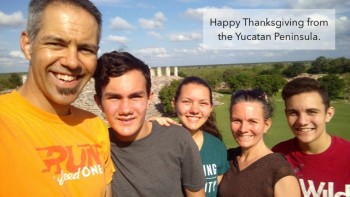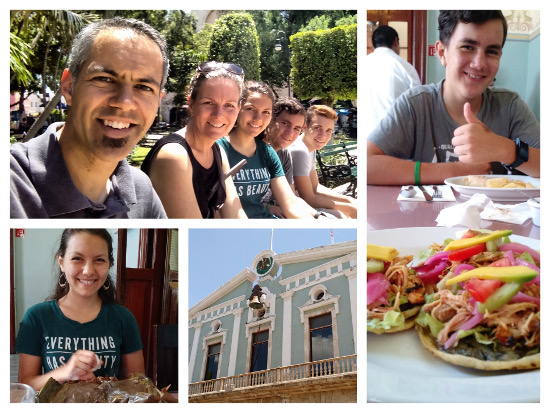We’ve just come out of a great season of activity with teams here on the Yucatán peninsula throughout the month of March. In the first week, we were blessed by Chi Alpha (XA) groups from Richmond, Virginia, and Washington, DC as they renovated Monte Horeb, a church revitalization project in Sotuta, Yucatán. Afterward, we headed south to the town of Tekax to continue the construction of the new church, Senda de Vida, accompanied by members of Rolla First Assembly and fellow missionaries, Nicky Rider and Loyd Cogdill.
The physical impact of their trip was apparent, as the XA team raised a new roof over the church building in Sotuta, and in Tekax, block walls rose from the ground, forming a new sanctuary through the efforts of the team from Rolla First. But, there was more to these trips than the construction itself.
There was a work of encouragement. I think that this quote from Mike, my twin brother and XA team leader, says it best. “I felt like our team was able to make a significant impact in Sotuta. With 16 students and staff pitching in, we moved the construction project forward, but, even more importantly, we were able to encourage a young pastor and his family. The last night affirming and praying over Pastor Erik and his ministry there was powerful (photo top left)! I believe great things are in store.”
There was a work of restoration. In Tekax, not only were former members encouraged to rededicate their lives to the Lord through the visit of the Rolla team, but also one of the ladies in the church testified of physical healing after several team members had prayed for her!
There was also a work of unification. The teams came together despite the difference in language and culture, despite the heat and the pressure of the jobs they faced. As Sam, one of the XA team members said, they left their comfort zone to give of themselves. Whether that was in the sharing of a testimony, in Sam’s case (photo top middle), or singing “10,000 Reasons” in English during the welcome service, in the case of the Spanish speaking church members in Tekax (photo top right), each group made an effort to come nearer, to bridge the gaps, to know and be known as the body of Christ. The result was truly something beautiful, and the impact, for both team members and nationals alike, profound.
As we close this update, we express our gratitude, not only to the teams and the churches that received them, but also to you, our supporters, who make it possible for us to facilitate these connections, working to fulfill the vision of the Yucatán full of churches. For our updated prayer list and links to our secure giving site, head over to our support page.

